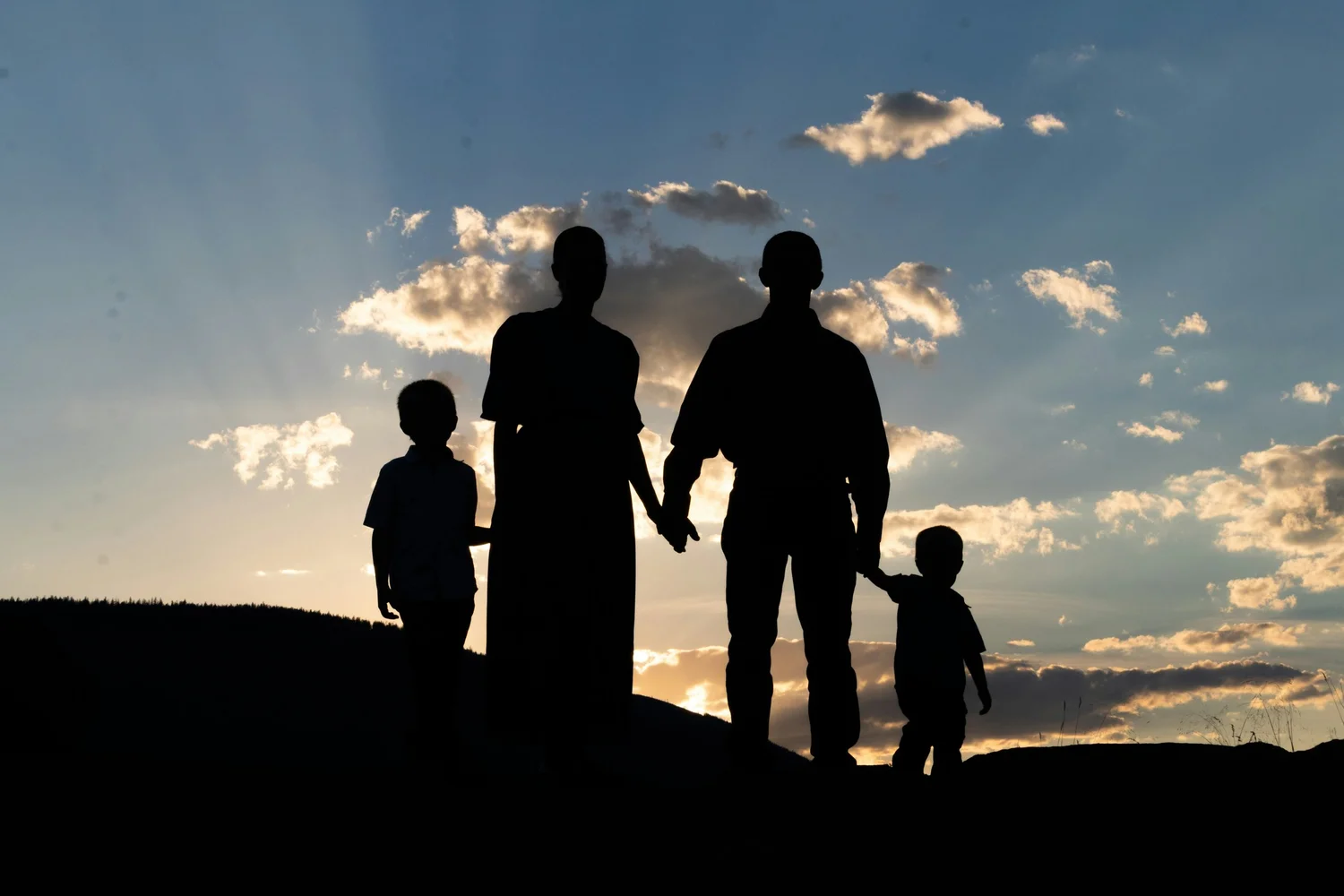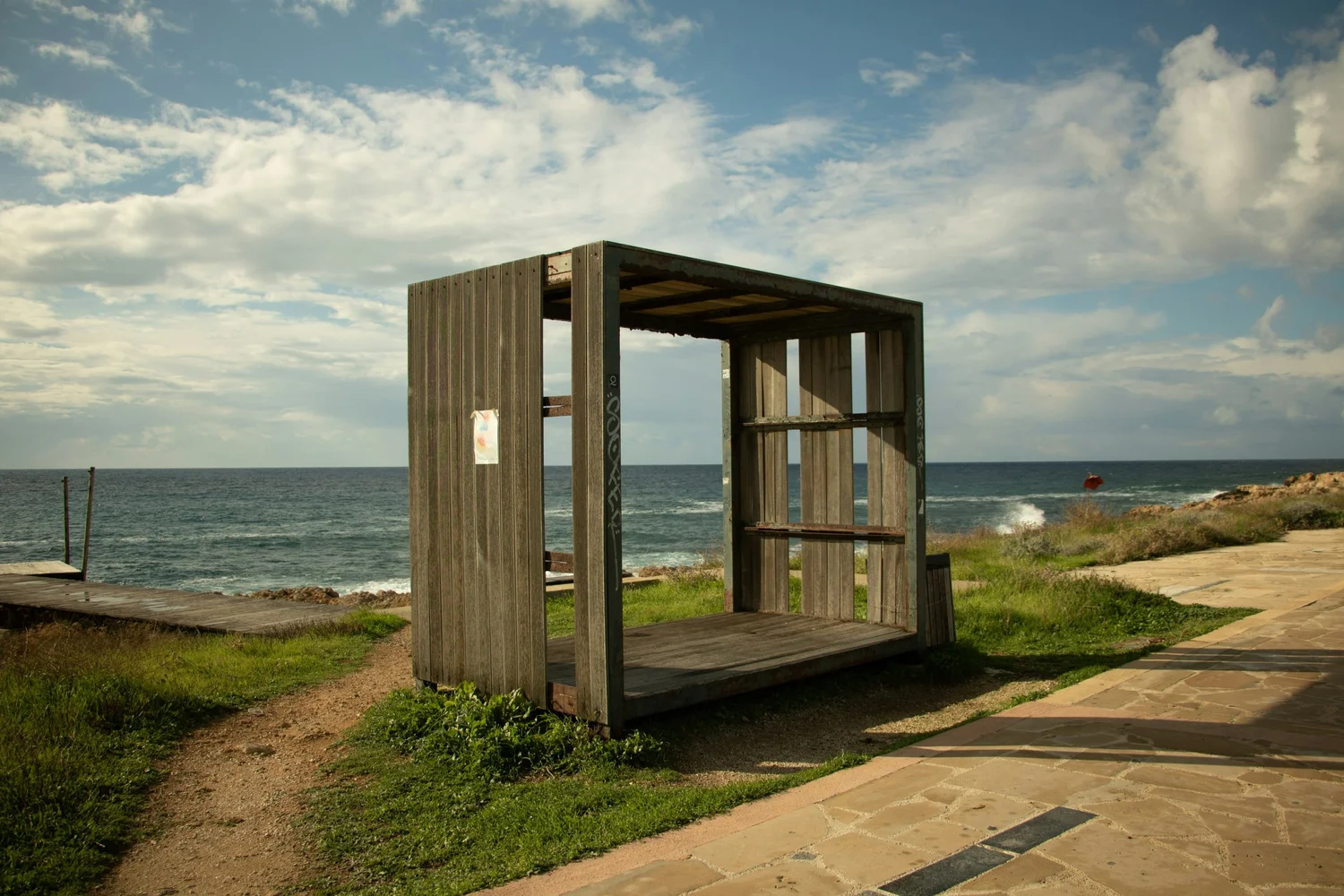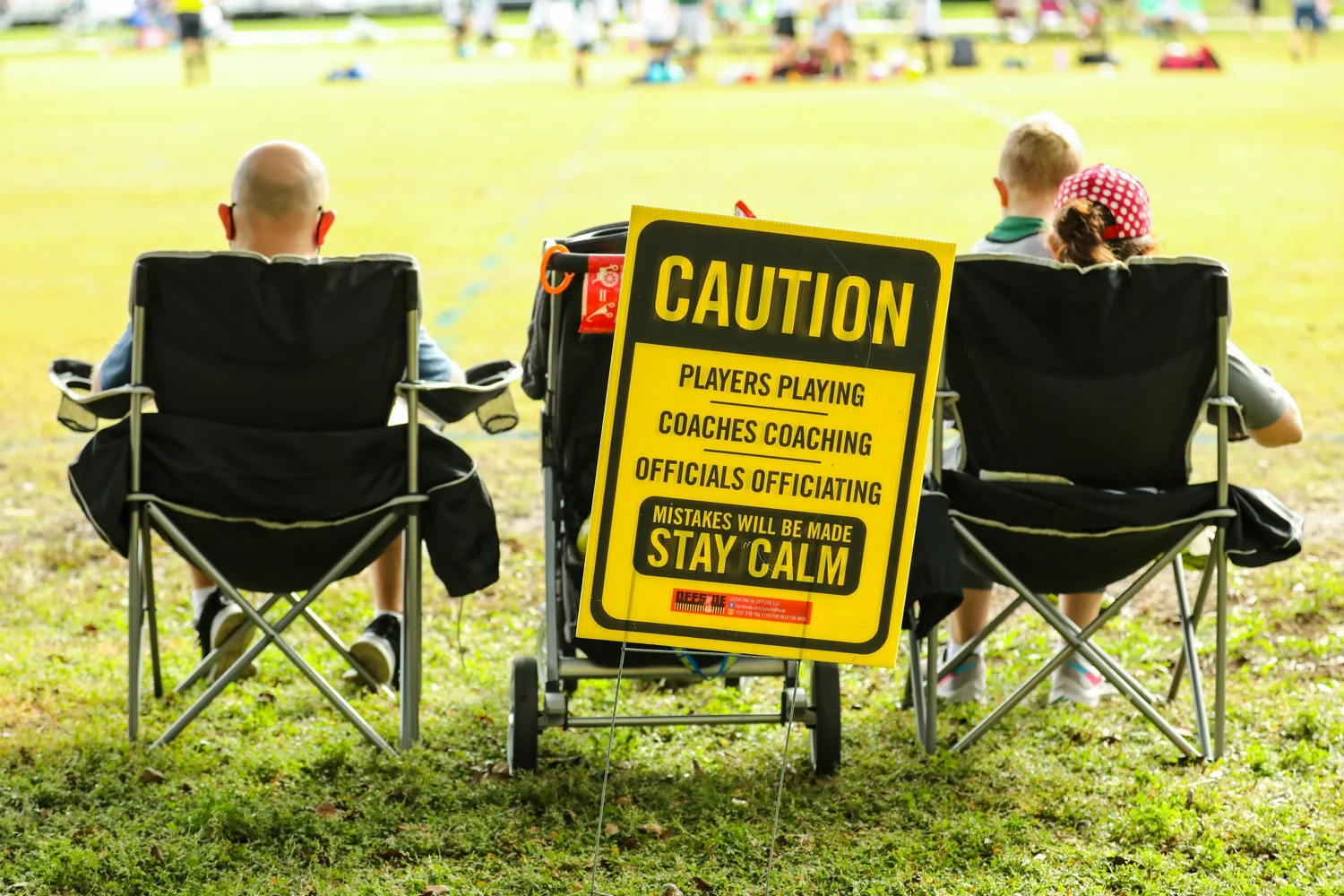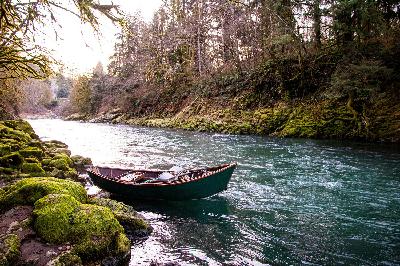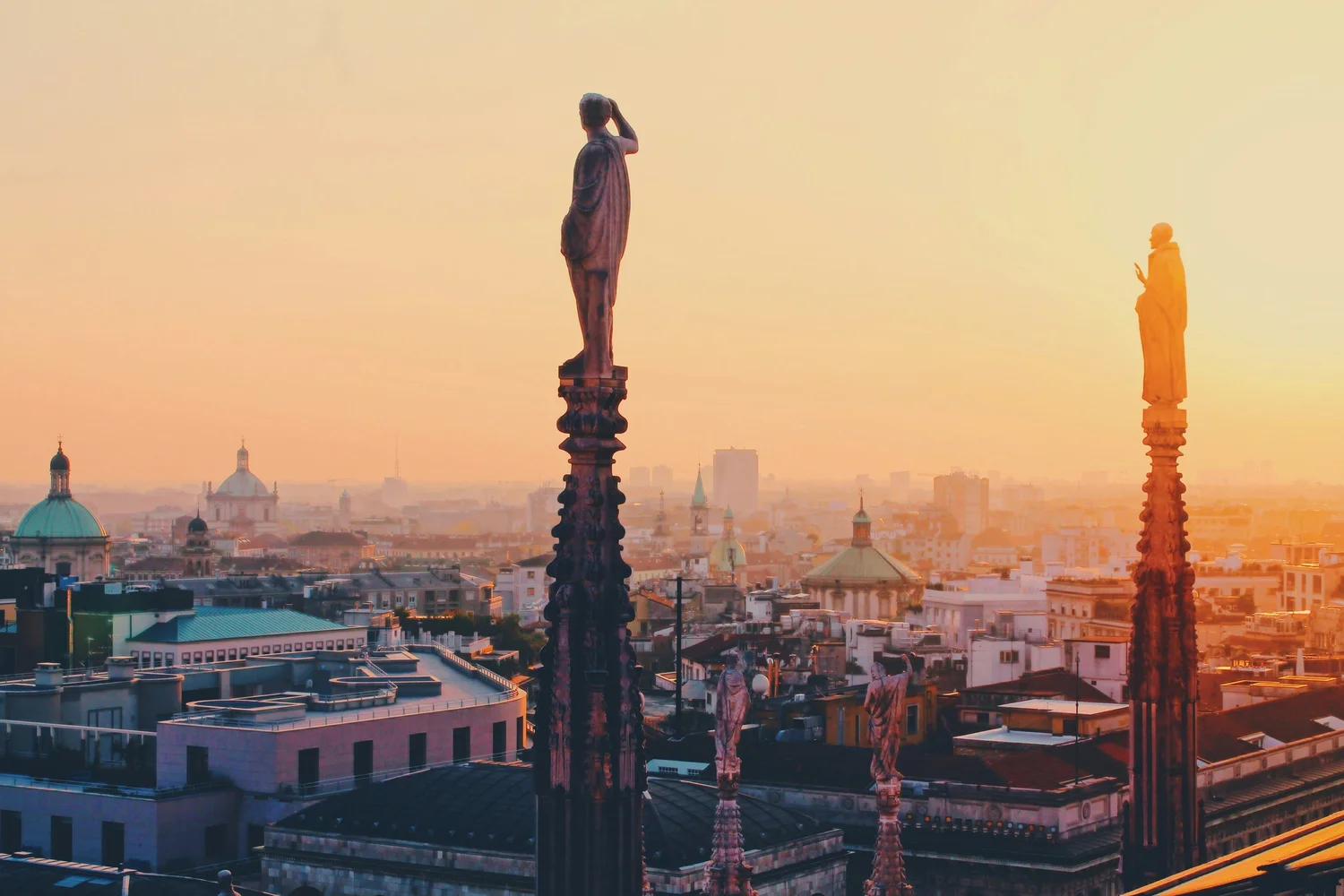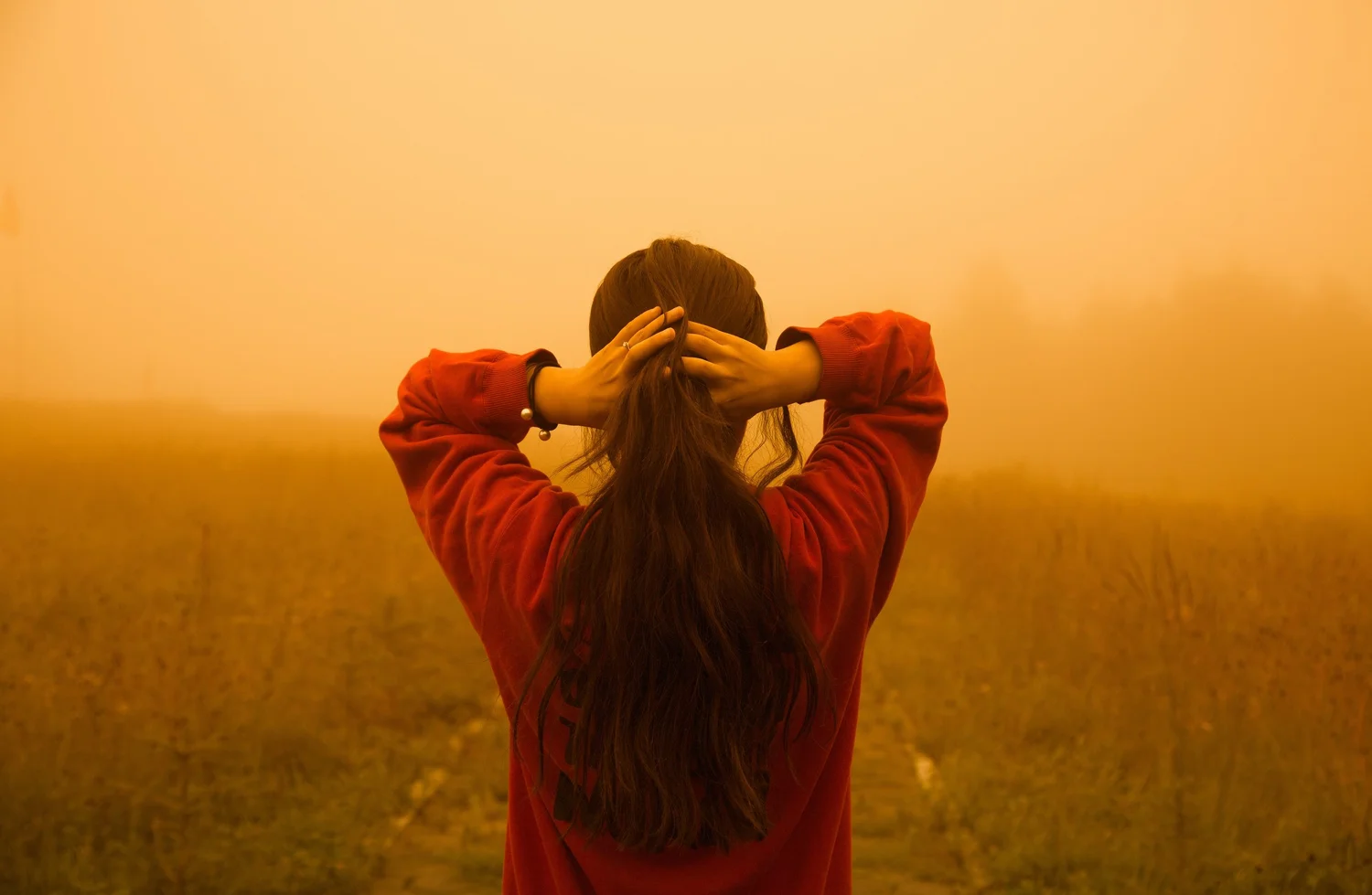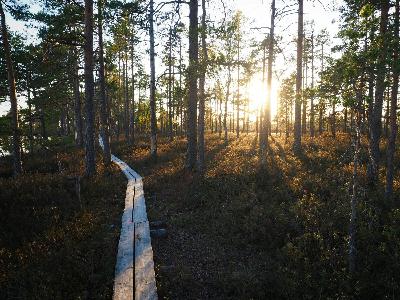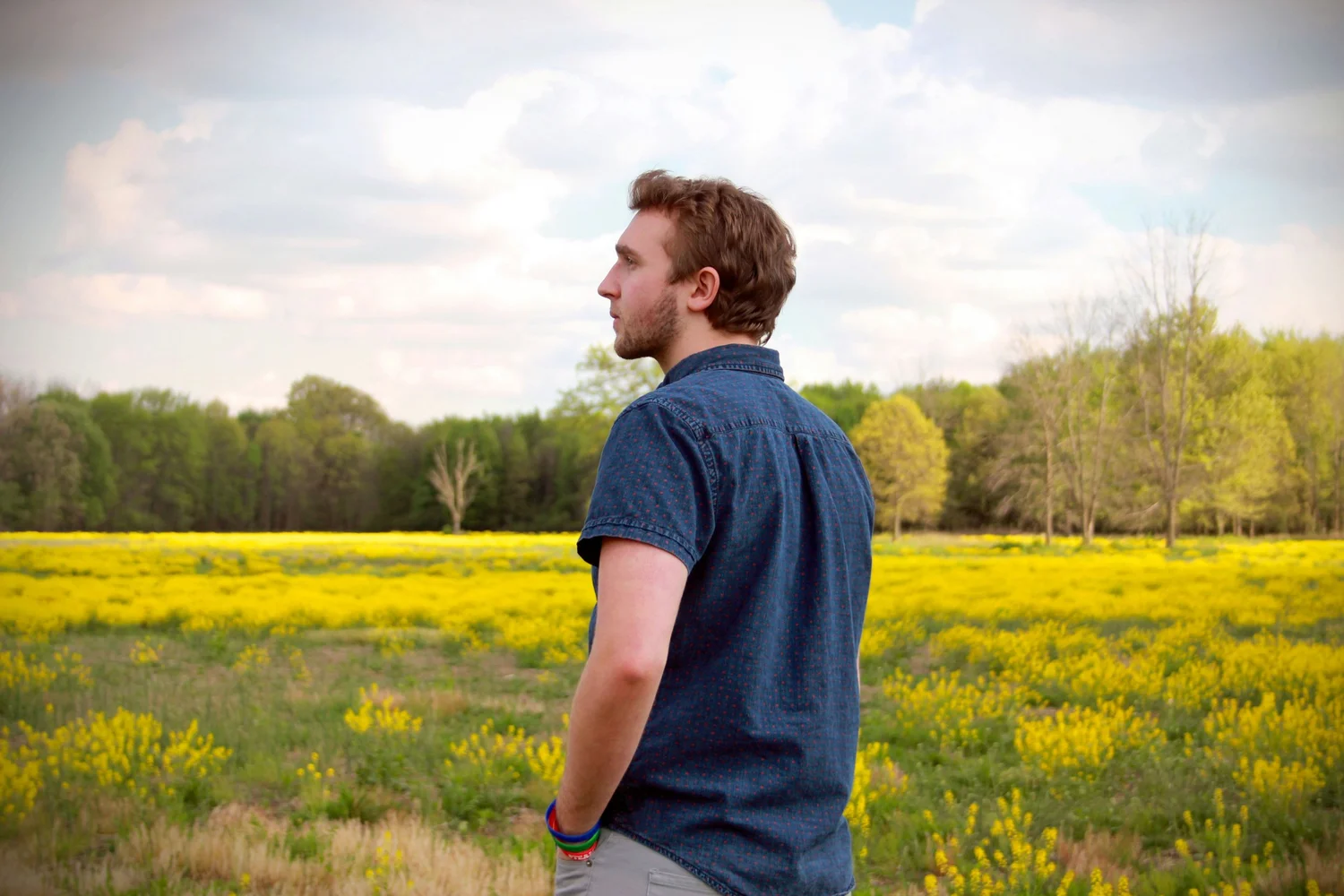Season 4, Episode 20: Changing Summers and Winters: Moods, Music & Family
Description
<figure class="
sqs-block-image-figure
intrinsic
">

<figcaption class="image-caption-wrapper">
image credit | asaf
</figcaption>
</figure>
With the coming of spring in the northern hemisphere, Thomas and Panu looked ahead to the summer and reflected on how we can no longer take for granted (or trust) that the seasons will be as they were before. What may have been a benign and clement season may now bring unexpected and uncomfortable weather – and even extreme or dangerous conditions. This profound change affects our mood, identity, families, and life plans. They referenced their own experiences and examples from art and literature. Join us and prepare for your own new season.
Links
Zadie Smith: Elegy for a country’s seasons
Poem by SZ Chao: “Not all warmth consoles”
Soft Loft Summer Sadness
Lana Del Ray Summer Sadness
John Cox Weather For Dummies
US NOAA / National Weather Service Climate Prediction Center Long Range Forecasts
Transcript
Transcript edited for clarity and brevity.
[music: “CC&H theme music”]
Introduction voice: Welcome to Climate Change and Happiness (CC&H), an international podcast that explores the personal side of climate change. Your feelings, what the crisis means to you, and how to cope and thrive. And now, your hosts, Thomas Doherty and Panu Pihkala.
Thomas Doherty: Well hello, I’m Thomas Doherty.
Panu Pihkala: And I am Panu Pihkala.
Doherty: Welcome to Climate Change and Happiness, this is our podcast. It’s a show for people around the world who are thinking and feeling deeply about climate change and global warming and the environment and our lives and our wellbeing and our happiness to the provocative question of what it means to be happy in the modern world. And this is one of the Thomas and Panu dialogues. We haven't had a chance to just talk amongst ourselves for a little bit and catch up on the world. We have a bit of a theme because we're looking ahead to the summer in the northern hemisphere so that's sort of our theme or coping with seasonal changes and hopefully being able to roll with all the changes in our world. So that's our theme for today. Panu, what's the latest from Finland? How are things going over there? What have you been up to?
Pihkala: Thanks for asking and spring has finally arrived in Finland. Well, it's been sort of back and forth and global warming makes it more random. So, already in March there were some really nice days, but then we had a period of really cold, nasty wind from the north type of days, and we had some spring flowers covered in snow, which makes for a kind of nice aesthetic effect, the whiteness of the snow combined with the colors of the flowers, but it's not very good for the flowers themselves. But now it is warm, young people are going out on the streets of Helsinki, lots of students there. Easter is coming and on one hand, there's lots of good spring full energy around and then on the other hand, Finns are of course worried about the global, political, economic, and environmental situation as so many people are around the world. So, it's a mix of things as usual.
Doherty: Hmm, so we have the seasons that we know really well, like spring, I could talk about that here. It’s high spring here where I live in Portland. The daffodils bloomed a while ago, the trilliums have already peaked, the wildflowers, at least at the low elevation, and the higher elevation wildflowers are going to be coming in the next couple of months and literally the air is perfumed by blossoms. There's a bush in my neighbor's yard that smells nice, and I could smell it when I walk outside. And so, such a gentle, nice season, the spring. But yes, well, I'll share an anecdote and then we can get into it, but I actually got a chance to see the Portland Symphony yesterday. I've been trying to educate myself on classical music and they have a nature theme this season. And so, they had Beethoven's sixth symphony, Pastoral, which is a famous symphony that people in the know would know about. They also did Vaughan Williams, The Lark Ascending, which is another famous piece, an incredibly beautiful violin piece. The Pastoral Symphony was done around 1803. Like a lot of the symphonies, it's a programmatic symphony. It's about walking in meadows, and it tells a story of being in the Austrian meadows and mountains. But it's very formulaic in the sense that there is going to be a spring and it's going to happen this way and if you go to the mountains, you're going to find all this stuff. There's a sense of eternity about it, that this is it. I think that's part of the gist of this conundrum with the seasons that they still exist, but they're not as secure as they used to be. We can't trust that they're kind of eternal like the seasons of our grandparents. We literally can’t go back to the seasons of our grandparents. So, I think that's the rub of it.
Pihkala: Yeah, thanks for voicing that and I’m strongly resonating with that. In some earlier episodes of this podcast, we have touched upon the impacts of seasons on people, and I've shared that I have some symptoms of the seasonal affective disorder type, which for me the worst time is from November to February. So, I had to take some methods to cope with that. On a fundamental psychological level, I think that this continuation and alteration of seasons has been hugely important for people and a big source of safety, as you say, Thomas, and one might even speak about sort of ontological safety or security. I’m using a bit of a technical word but meaning that it's intimately tied with structures of the world. And there's some psychologists like Robert Jay Lifton, who we also have mentioned several times, who have observed the disturbing impacts of seasonal change or the randomness of it on people. And that seems to be affecting more and more people around the world. And on my desk at work is an article about various kinds of texts and eco-emotions. So, it's with literature scholars, that's one of my cooperation fronts so to speak, and it's quite interesting to observe what various writers, authors, and poets have written about this change of the seasons over the years.
Doherty: Yeah, there's a lot of directions to go, but we think about mood and music and then there's family, right? Because I think we were talking earlier, we all have our plans. I mean, people in the northern hemisphere often make plans for the summer season if they're going to try to take a break or a vacation or do something with their friends or their family or go outdoors. I have a wedding. My sister-in-law, Jessica, is getting married on the solstice, June 21st, in New England in Massachusetts in the US. So, people commit to things. They commit to travel or vacations or even really treasured things they've been planning for years. In the ‘old days’ you could just plan for the season. When I taught my wilderness therapy class at Lewis and Clark, we did a week camping in the graduate program. I always did it the second or third week of August in Oregon because it's statistically the driest time of the year. So, when you would go camping in the woods, it would generally not rain, and you know it's going to be nice. But now, I wouldn't do that because by that time in the season you could really have wildfire smoke. So that's changed. So, if I was going to plan that again, you'd want to plan it earlier in the season. I'm sure there's a listener out there that has a wedding this summer because people will get married in the summer. I'm sure there's someone who's planned a wedding and they're fretting about how the weather's going to be. And that's hard, bu


